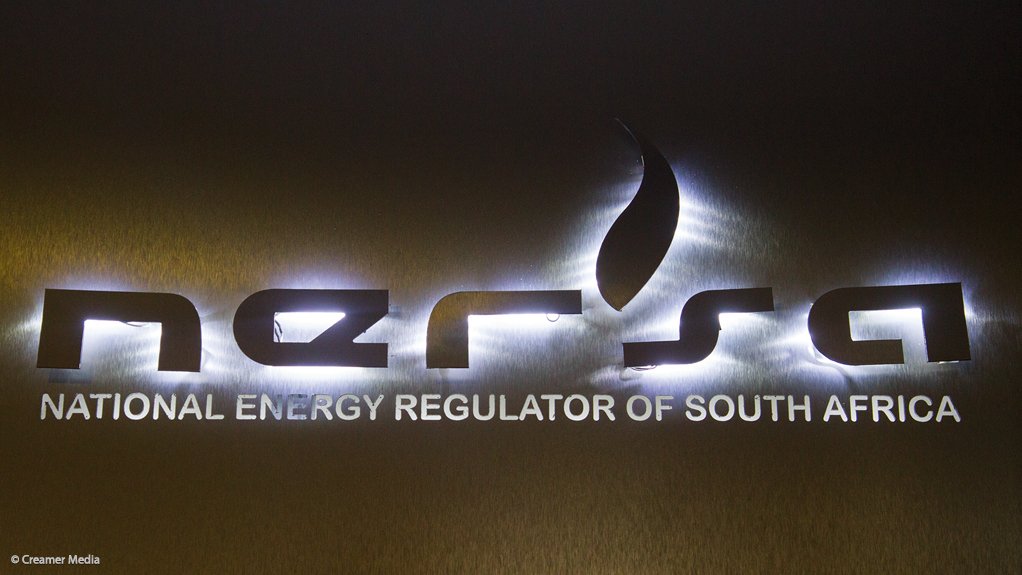The decision by the National Energy Regulator of South Africa (Nersa) to grant State-owned Eskom an effective tariff increase of 13.82% for 2019/20, has been met with hostile reactions, with various parties condemning the decision, saying that it will have severe ramifications for the South African economy.
Nersa on Thursday announced that it had granted Eskom a 9.41% tariff increase for 2019/20 under its fourth multiyear price determination (MYPD4) application for 2019/20 to 2021/22.
However, a 4.41% increase already approved under a previous Regulatory Clearing Account application takes the overall increase for 2019/20 to 13.82%.
Nersa granted Eskom further increases of 8.1% for 2020/21 and 5.22% for 2021/22 under the MYPD4 application.
North West University Business School economist Professor Raymond Parsons said the tariff increases should have been capped to the inflation rate in present circumstances.
If combined with the other current cost increases in the economy, as well as the ongoing impact of load-shedding, forecasts of economic growth for this year will now possibly have to be reduced to about 1.3% from 1.5%, as predicted in the most recent National Budget, he said.
The South African Local Government Association (Salga) agreed that the increase is still high and above the cost of living, which will negatively impact on hard-pressed small and big businesses, as well as South African citizens.
The increases pose a risk to the country’s economy and to all municipalities, which are already facing fundamental changes and transition within the energy sector, Salga explained in a separate statement.
Coupled with many municipalities being cash-strapped, losing customers, record high nonpayment owing to the ever-increasing electricity prices, unemployment and the stagnant economy, Salga lamented that the increase places further pressure on the financial sustainability of municipalities.
In this respect, Business Unity South Africa (Busa) cautioned that the cumulative tariff over the next three years may undermine economic recovery efforts, considering that electricity is a major cost input for business.
It added that the unintended consequences of Nersa’s decision may result in a further decline in Eskom’s customer base, as users will likely seek more reliable and cost-effective alternatives.
Busa also cautioned against the cost of organisational inefficacies at Eskom being passed on to end-users and consumers.
Additionally, according to the Minerals Council South Africa, the substantial tariff increases will have a major impact on the South African mining industry’s cost structure, thereby jeopardising the viability of marginal and lossmaking mines and, inevitably, accelerating job losses at energy-intensive mines in particular.
The mining industry consumes about 30% of Eskom’s yearly power supply, for both mining and smelting activities.
The South African Federation of Trade Unions (Saftu) on Friday also spoke out against Nersa’s decision to grant the above-inflation tariff increases.
Meanwhile, Parsons also stated that the rise in electricity tariffs reflected much of what had gone wrong within Eskom and welcomed Nersa’s plans to conduct further forensic investigations into the affairs of the power utility.
The Minerals Council and Busa also welcomed the further investigations that Nersa has undertaken to perform into prudency, efficiency and performance, as well as the Regulatory Asset Base.
EMAIL THIS ARTICLE SAVE THIS ARTICLE ARTICLE ENQUIRY
To subscribe email subscriptions@creamermedia.co.za or click here
To advertise email advertising@creamermedia.co.za or click here











